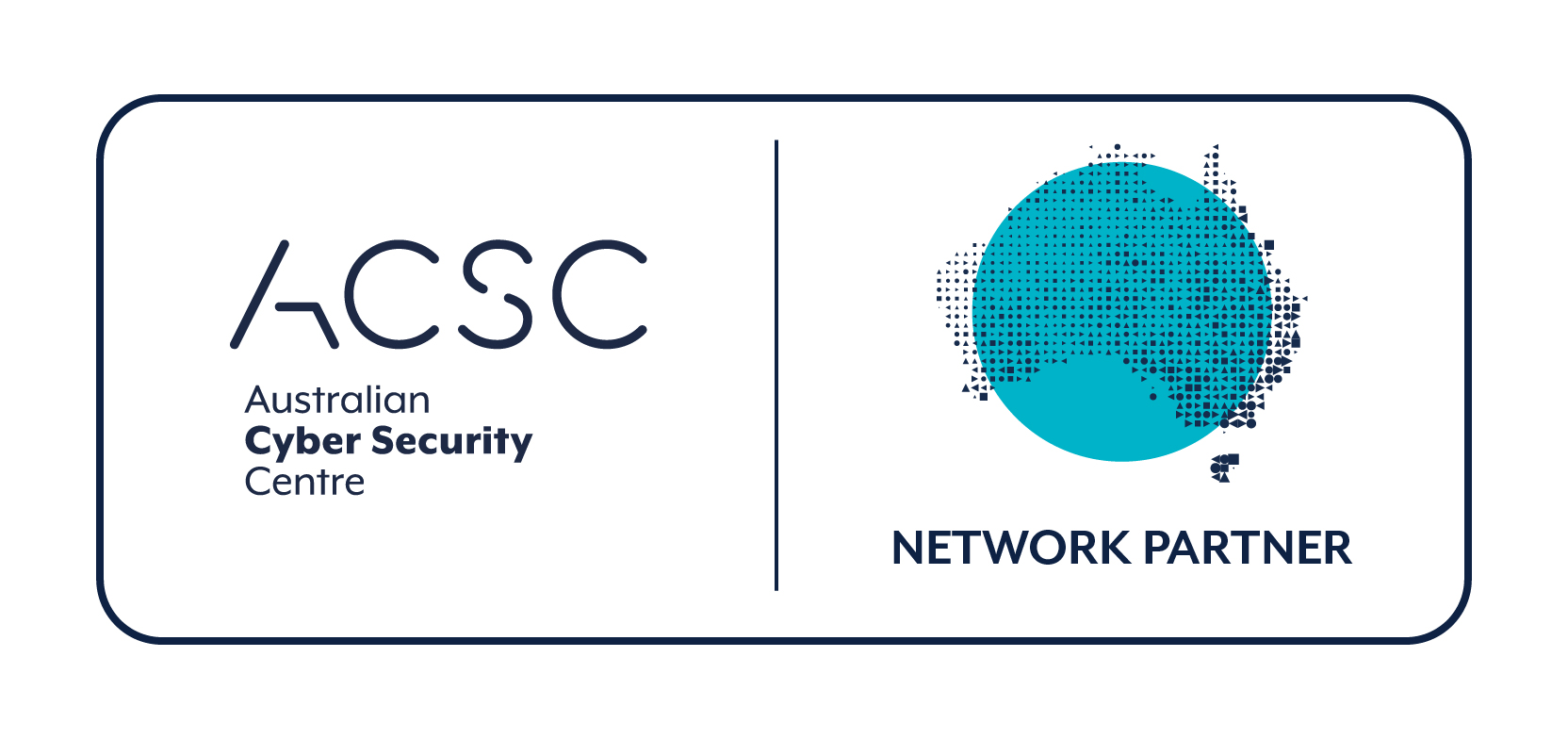
Non Profit Cyber Security

NON PROFIT CYBER SECURITY PAGE MENU
Cyber Security For Non Profit Organisations (NFP)

Welcome to our IT Networks page for Not-For-Profit Cybersecurity Audit.
At IT Networks, we understand that not-for-profit organizations have unique cybersecurity challenges. That’s why we provide comprehensive cybersecurity audit services designed specifically for the not-for-profit sector. Our team of experienced cybersecurity consultants, experts, and specialists is committed to helping not-for-profit organizations protect their data and IT systems from cyber threats.
Our cybersecurity audit services include a comprehensive analysis of your organization’s IT infrastructure, policies, and procedures. We will assess your cybersecurity risks and vulnerabilities and provide you with a detailed report outlining our findings and recommendations for improvement.
Our team of cybersecurity consultants, experts, and specialists has extensive experience working with not-for-profit organizations of all sizes. We understand the unique challenges faced by not-for-profit organizations, including limited resources and budgets. That’s why we work with you to develop a cost-effective cybersecurity strategy that meets your organization’s specific needs.
Our cyber security audit services include:
1. Network Security Audit: Our team will conduct a thorough assessment of your network security, including firewalls, intrusion detection systems, and access controls. We will identify vulnerabilities and provide recommendations for improvement.
2. Application Security Audit : We will assess the security of your applications, including web applications, mobile apps, and custom software. Our team will identify vulnerabilities and provide recommendations for improvement.
3. Data Security Audit: We will assess the security of your data, including sensitive information such as personally identifiable information (PII) and financial data. Our team will identify vulnerabilities and provide recommendations for improvement.
4. Policy and Procedure Audit: We will review your organisation’s cybersecurity policies and procedures to ensure they are up-to-date and effective. We will provide recommendations for improvement to help you better protect your organisation from cyber threats.
At IT Networks, we are committed to providing not-for-profit organisations with the highest quality cybersecurity audit services. Our team of cybersecurity consultants, experts, and specialists is dedicated to helping you protect your data and IT systems from cyber threats. Contact us today to learn more about our cybersecurity audit services and how we can help you improve your cybersecurity posture.
The Australian Cyber Security Centre’s Essential Eight is a framework that provides practical and effective mitigation strategies for organizations to manage cybersecurity risks. The Essential Eight consists of eight mitigation strategies that are considered essential for any organization to implement to protect against cybersecurity threats.
For not-for-profit organizations, implementing the Essential Eight can help to mitigate a range of cyber threats, including those related to phishing attacks, malicious software, and unauthorized access to sensitive information.
The Essential Eight strategies are:
- Application whitelisting
- Patching applications
- Patching operating systems
- Restricting administrative privileges
- Multi-factor authentication
- Backing up important data daily
- Enabling automatic updates
- Scanning for known vulnerabilities
By implementing the Essential Eight, not-for-profit organizations can take important steps to protect their systems, data, and users from a range of cyber threats. It’s important to note that implementing the Essential Eight is not a one-time process; it requires ongoing effort and attention to maintain the effectiveness of these mitigation strategies over time.
Auditing the implementation of the Australian Cyber Security Centre Essential Eight for not-for-profit organizations is critical to ensuring the protection of their information assets. The Essential Eight is a baseline of security measures recommended by the Australian Signals Directorate (ASD) to mitigate the most common cyber threats. The eight controls are:
An audit of the Essential Eight implementation involves an assessment of the controls to determine if they are effective and are being correctly applied. It will also identify areas where improvements can be made to ensure a stronger cybersecurity posture for the organization.
The audit process will involve a review of the organization’s policies and procedures, the identification of information assets, the review of the implemented controls, and the testing of the controls to ensure they are working as intended.
The following steps will be undertaken during the audit:
1. Policy and Procedure Review: The audit team will review the organisation’s cybersecurity policies and procedures to ensure that they align with the Essential Eight.
2. Asset Identification: The audit team will identify and document the organisation’s information assets, including hardware, software, and data.
3. Control Review: The implemented controls will be reviewed to determine if they meet the Essential Eight requirements.
4. Control Testing: The audit team will test the implemented controls to ensure they are effective and working as intended.
5. Reporting: The audit findings will be documented in a report, highlighting any areas of non-compliance and making recommendations for improvement.
An audit of the Essential Eight implementation for not-for-profit organisations is essential in ensuring the protection of their information assets. It will help to identify areas where improvements can be made to ensure a stronger cybersecurity posture for the organisation.
Contact us about our Non Profit Cyber Security Auditing Services today
At IT Networks, we take pride in being a leading provider of IT security auditing services in Australia. Contact us today to schedule a consultation with one of our Cyber Security Consultants, Experts or Specialists and learn how we can help you protect your IT infrastructure from cyber threats and attacks.

NFP Pain points - Cybersecurity
Not-for-profit organizations have some unique pain points when it comes to cybersecurity. Some of these pain points include:
1. Limited Budget: Not-for-profit organizations often operate on tight budgets, which makes it difficult for them to allocate sufficient resources for cybersecurity.
2. Limited Staff: These organizations usually have limited staff, and often lack a dedicated IT department. This means that there may be a lack of expertise in-house, making it challenging to maintain an adequate cybersecurity posture.
3. Sensitivity of Data: Not-for-profit organizations often handle sensitive data such as donor information and personal information of clients. This makes them a prime target for cybercriminals looking to steal data for identity theft or financial gain.
4. Dependence on Volunteers: Many not-for-profit organizations depend on volunteers for various functions, including IT support. While volunteers can be helpful, they may not have the necessary expertise to ensure proper cybersecurity measures are in place.
5. High Risk of Phishing Attacks: Not-for-profit organizations often rely heavily on email communication for fundraising and outreach. Cybercriminals are aware of this and use phishing attacks to trick employees and volunteers into revealing sensitive information or downloading malware.
6. Lack of Awareness: Not-for-profit organizations may not have a culture of cybersecurity awareness, leaving employees and volunteers unaware of best practices and potential risks.
7. Regulatory Compliance: Depending on the type of not-for-profit organization, they may be subject to regulatory compliance requirements related to data protection and cybersecurity. Failing to comply with these regulations can result in legal and financial consequences.


